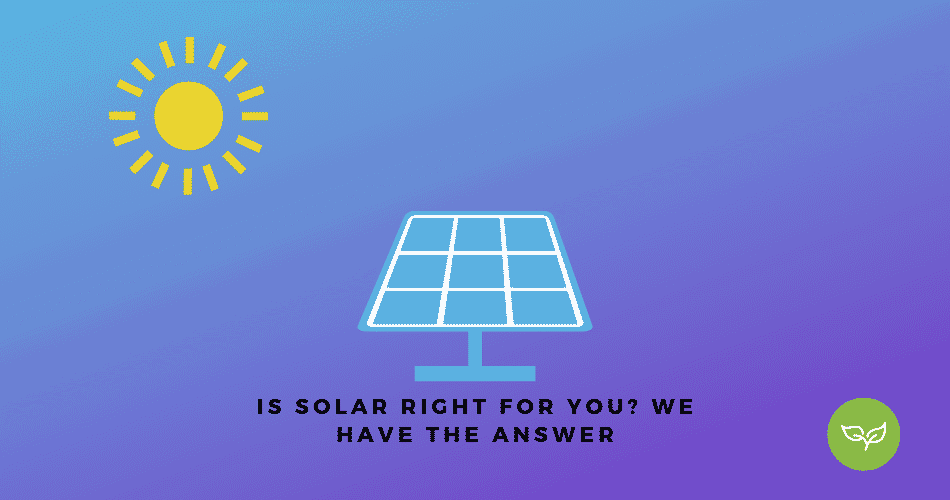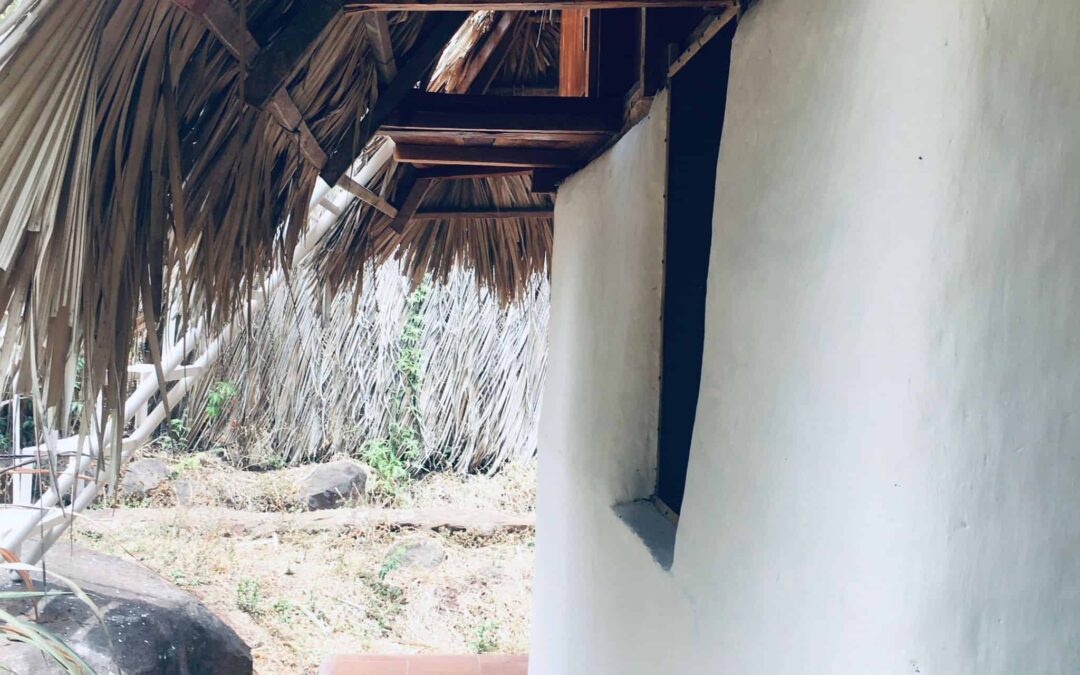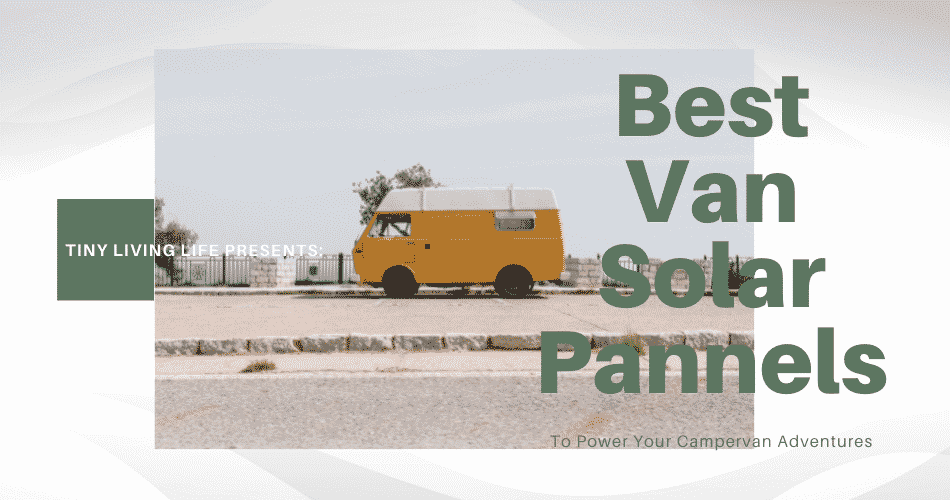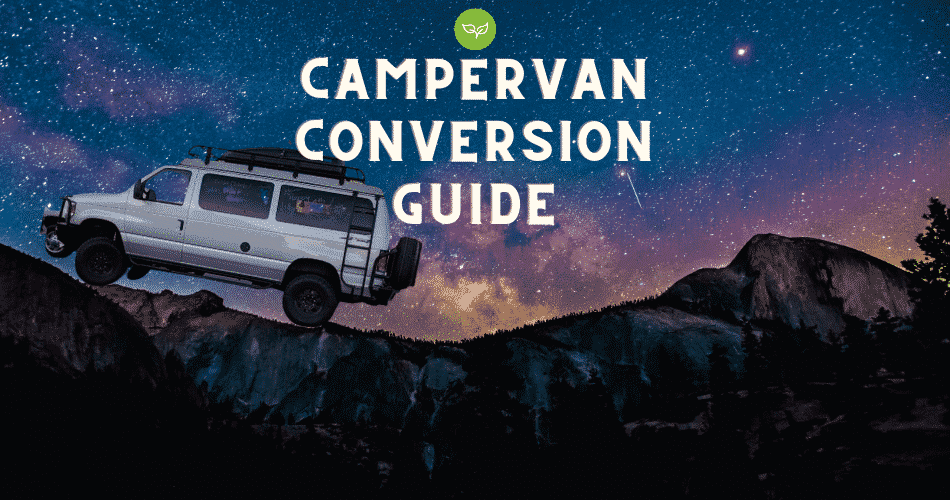Considering solar power but want to learn more about it before investing?
You came to the right spot.
Solar power is one of our greatest renewable energy sources, and is a great choice for those looking to live more sustainably and reduce energy costs over the long term.
But despite all of its benefits, there are some downsides to solar energy that need to be taken into consideration.
In this article, we will go through the pros and cons of solar, so you can decide if it is something you want to invest in.
The history of solar energy
Solar power isn’t new.
In the summer of 1979, President Jimmy Carter had 32 solar panels installed on the roof of the White House.
They set a goal to collect 20% of the power for the White House from those panels.
Sadly, one of the first acts of President Ronald Reagan was to remove those panels.
Americans were never given a chance to accept solar power or to see what they were capable of because of this act.
Big oil and the fossil fuel industry have worked very hard to keep solar power from winning favor with the majority of Americans by taking every opportunity to discredit and mock it.
Those opponents of solar have done all that they can to discredit the solar industry by poking fun of the way panels look and by spreading disinformation about the way the panels work.
Will solar panels work during cloudy days?
Many people believe that a cloudy sky will have you unable to watch television or turn on your kitchen stove.
This is not true at all.
There is far more to solar power than you see on the surface. Solar panels collect the most energy on bright, clear days, but a properly sized solar system includes effective battery storage that allows you to comfortably power your home even if the sun isn’t shining right that moment.
Solar Power Pros and Cons
While much of the information that people have been given about solar is skewed by special interests, there are both pros and cons for using solar power.
So let’s dive right in.
Solar power benefits
1. It can power your entire home
If you live in a climate that receives regular sunshine, solar will potentially be able to power your entire home.
This depends on the type of system you install and the amount of energy that you need to power all of the systems in your home.
Check out our awesome guide to solar power kits to find out how easy and affordable it can be to size and install a full solar system for your home.
2. Tax Benefits
Many states offer tax benefits for installing solar on new builds.
Federal programs for solar have existed and will likely become more incentivized as the government leans toward green energy in the future.
The Federal Solar Tax Credit, known as ITC, will allow you to deduct as much as 30% of the initial cost of installing solar power in your home.
This applies to both commercial and residential applications. This tax credit is scheduled to begin dropping each year until in 2032 and beyond it will only be 26%.
3. Solar is great for living off the grid
Solar can power homes that are far from the electrical grid, making living in faraway locations more possible.
Countries that have inadequate grid accessibility are able to bring power to more locations in rural areas, helping to raise families out of poverty situations in third-world countries.
Solar generators offer a no-stress solution to both portable, RV, and tiny home power needs. Our guide to solar generators explains how they work and can help you find one that fits your needs.
4. Solar is better for the environment
Solar power is a totally renewable and sustainable way of powering our lives. There is no off-gassing or pollutants as a result of using solar power.
5. Solar can lead to more jobs
Solar energy could lead to more industrial jobs in America, both in production and installation.
6. Requires little upkeep
The maintenance costs of solar are very minimal. Once you install solar panels, you can expect them to need very little upkeep.
It is important to keep your panels clean so they draw sunlight efficiently. But if something like snow covers your panels, simply dust it off and you’ll be good to go.
The panels that are made today carry manufacturer’s warranties of as long as 20-25 years. This makes solar an investment that is likely to outlast your other home appliances.
7. Solar energy is essentially free
Once the installation costs are recuperated, energy is available as you need it and you will never receive a bill in the mail.
8. You can still connect to the grid
You can tie to the power grid and create a system that collects power for your needs but can also draw from the grid to cover you when you are having several days of bad weather, lowering your solar collection.
When you collect more than you need, your power company will take the excess power you collect and credit you for this on your power bill. It’s possible to get a bill with credits for power most months.
9. The technology is always improving
Solar power has come a very long way and the panels made now are far more efficient than the panels installed on the White House in 1979.
Thanks to research and advances in things like nanotechnology, the industry continues to advance. Some panels have tripled in efficiency since the early days of solar panel production.
Many of the newer panels are so efficient that they will continue to collect energy even on cloudy days. As long as we have the sun in our solar system, you will be able to use solar energy.
10. Solar has many different applications
You may use solar in many different applications and do not necessarily have to power your entire home with it.
You may have, for example, a solar propane tankless water heater that works simply by heating the water in a tank designed to heat using the sun’s rays.
These can heat water to the point that it will burn you in the summer months.
In winter months, if you live in a cold climate, you can expect water heating capacity to drop by as much as 20% to 30%.
11. Solar power keeps decreasing in cost
The cost of solar has dropped by 99% since the 1970s. When President Carter installed panels at the White House, it cost roughly $77 per watt to make a solar cell.
The solar cells of today are far more efficient and only cost an average of $0.39 per watt to manufacture. Currently, China is the leading manufacturer and exporter of solar panels around the world.
12. Solar saves money in the long-term
When you install solar you are not just saving yourself money in the long-term.
You are also doing your part in helping the planet. Solar energy is the cleanest form of energy for the planet.
Disadvantages of solar power
1. Big initial investment
The cost of solar installation can be a large initial investment and is not cost-effective for everyone yet.
2. The weather plays a factor
Solar energy is somewhat weather dependent. If you live farther from the equator in a place that doesn’t receive a lot of sunshine, your ability to power your home is far less.
It isn’t an efficient choice in locations that are cloudy and snow-covered.
3. Solar panels take up a lot of space
Panels haven’t been exceedingly efficient, and the industry has made many upgrades, but the number of panels required to power a large home is not only costly, but takes a lot of space as well.
Many people aren’t keen to have a setup of 20 flexible solar panels in the yard or on their roof.
4. Energy is used to create solar panels
Some people point to the fact that the way panels are made can create some pollution, as well as the shipping and transporting them.
That said, it is still far less pollution than other types of consumption and production.
5. Solar batteries can be expensive
Storing your collected power is paramount. This can be expensive because the batteries that are required are very costly, though prices per stored amp hour are dropping yearly.
Specialized deep-cycle batteries are connected to your solar array, with a charge controller installed between them.
The charge controller ensures that the batteries are not overcharged and that they are never drained too low, which could damage the cells.
It will sound an alarm if you are in danger of draining batteries too low. The more batteries you install, the more power you can collect and “save” for the days when you have inclement weather with less sunshine.
Currently, LiFePO4 lithium batteries are the gold standard. They offer thousands of charge cycles before seeing noticeable battery degradation, giving the average user well over a decade of reliable power.
People who have a large battery bank rarely notice a decline in power unless they have more than 3 or 4 days of no sunlight.
A battery bank allows you to operate lights at night or any other time when there is no sunlight, as long as they are charged.
Why People Love Solar Power
The clear benefits of using solar power are that you initially begin saving right away on monthly power expenses.
Some people go totally to solar power and live without a bill from that day on. Even if you are grid-tied, you won’t be dependent upon the power grid and will drastically reduce your monthly utility bills.
It isn’t hard to understand how your system works and if you are looking to power a small cabin in the wilderness, far from the grid, solar power is a great option for you.
You need to find a clear shot of the sun to angle your panels in the best location. A small cabin can be powered with simple lights and basic needs for appliances with just a few small panels, a charge controller, two or three batteries in your bank, and an inverter to turn your stored direct current (DC) power into alternating current (AC) so that your appliance will work from it.
The main point here is…
Many people install their own small systems with ease.
You can be in total control of your system. In other words, you can use a small system or a large system. You may decide just to have a solar hot water heating system or perhaps a solar electric fence for livestock.
You can choose how you want to use solar based on your personal needs and your budget. Being able to have control is a big jump from being at the mercy of the power company.
But it doesn’t stop there.
Another positive about solar is that you can add to your system as you like.
Adding a new panel when you wish or adding more batteries for storage can be done at any time you choose. In fact, the homeowner can learn how to do these things themselves.
You can also upgrade your inverter to handle more peak power if you like. Peak power is simply the maximum load that can draw at one time. This increases when a refrigerator or air conditioner first kick on. The energy use spikes for a moment and then balances back out to the normal draw.
Despite the Benefits, Keep these Points in Mind
One of the bigger drawbacks of using solar power is the initial cost.
While there are incentives, you will still need to pay as much as 70% upfront to have your system installed. Some people don’t have access to the money for things like this but they may be able to roll the cost into a loan for the initial building of their home.
Other options are financing the system alone or using credit cards, which may deter some people because of interest.
Depending on where you live, it may be more difficult to find certified solar technicians to repair or install your system. This is becoming less of a problem as solar becomes less costly and more popular, but can be a problem in some rural locations.
The point is…
You may need to learn about solar systems so that you can troubleshoot your own issues from time to time. This might be intimidating to some touching anything to do with power.
With solar, you are the power company.
If you choose to call a technician when you run into an issue, it can take days for them to come check on the issue depending on where you live. You may find that learning how your system works will help you troubleshoot most issues on your own.
There really isn’t a lot that can go wrong with a solar system unless you have a component that goes bad.
Conclusion
While there are cons, there are more pros and solar will definitely help you save money, live off the grid if you desire, and it will also make you a champion for the planet.
Believe it or not, solar power is now powering entire countries, like Scotland. Solar will help us be less dependent on fossil fuels and this impacts people all over the plant in positive ways.
Solar is one step that we can take, as human beings, to begin turning back the clock to undo the damage of the last industrial revolution. Solar can provide power and be empowering in other ways as well.
The exciting part is…
Solar can bring jobs to your local economy and create work that pays well and has the potential to grow exponentially over the next thirty years.
Solar power can ensure that we leave the planet better than we inherited it, while reaping the benefits of the savings today.
This is a way that we can take personal ownership and make positive, impactful changes in our own backyards.
Are you seriously considering switching to solar? Check out our article on using solar to power your tiny home here.



